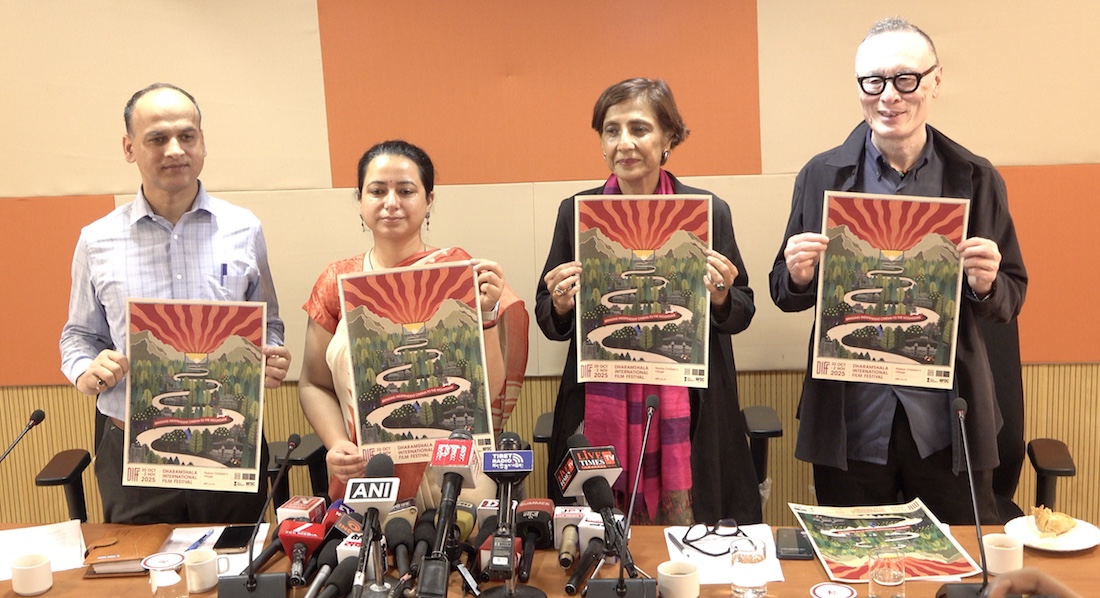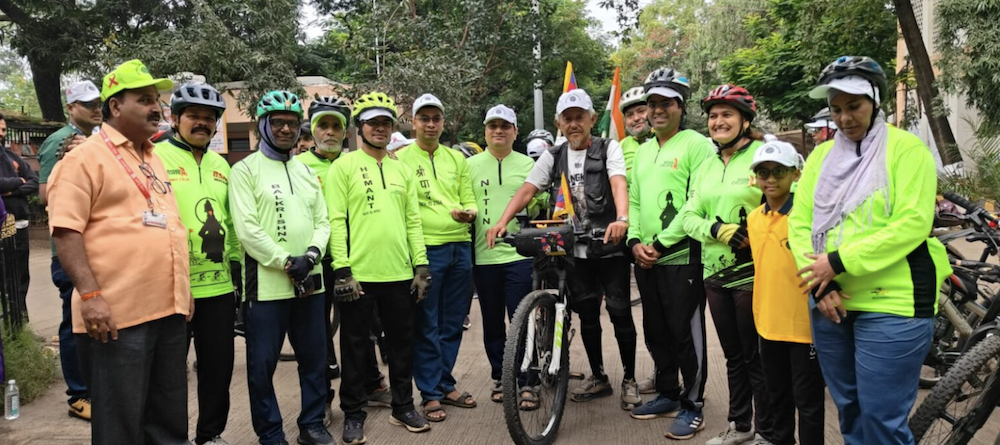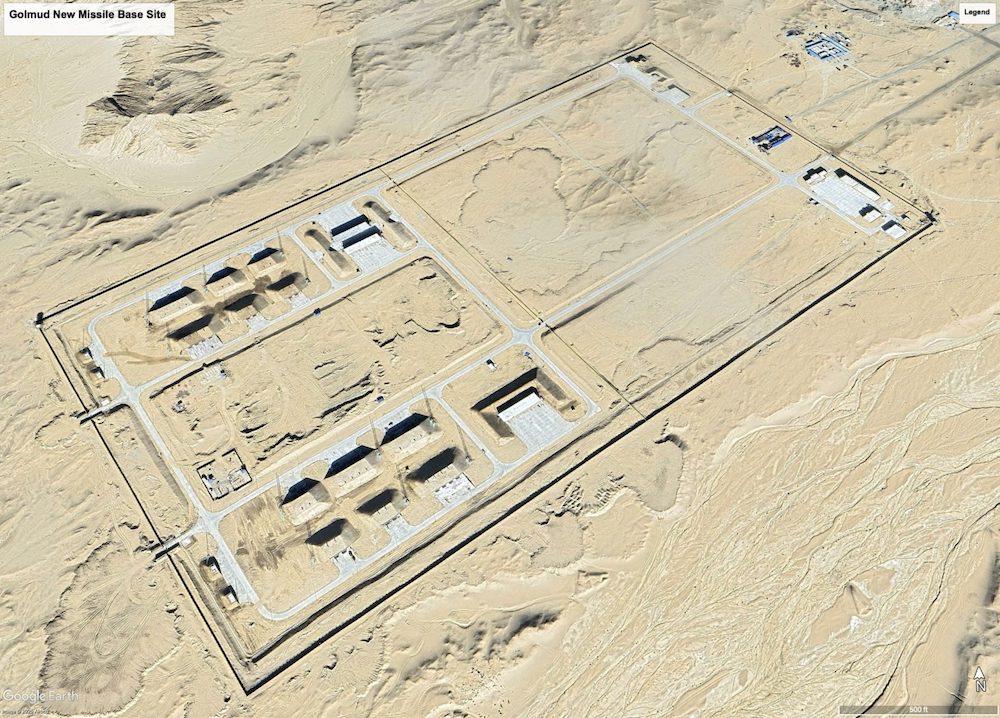By Phurbu Thinley
 Dharamsala, August 17: In what appeared to be a fresh effort to further tighten government’s control on Tibet’s influential religious institutions, a top leader of the Communist Party of China has called for reforms in Buddhist monasteries by appointing monks and nuns who are “politically reliable”.
Dharamsala, August 17: In what appeared to be a fresh effort to further tighten government’s control on Tibet’s influential religious institutions, a top leader of the Communist Party of China has called for reforms in Buddhist monasteries by appointing monks and nuns who are “politically reliable”.
In a move that could be seen as part of Chinese Communist regime’s larger campaign to weed out pro-Dalai Lama elements in the Buddhist clergy, Du Qinglin, head of the United Front Work Department of the Party’s Central Committee – the body tasked specifically to handle the Tibet talks – said greater efforts must be made to implement “democratic management in Tibetan Buddhist monasteries.”
Du also called for “thorough” consultation in selecting “politically reliable” monks and nuns to monastery management committees.
“Concerted and solid efforts must be made to implement democratic management in Tibetan Buddhist monasteries,” Du was quoted as saying by the state-run Xinhua news agency.
“Competent Tibetan Buddhist monks and nuns who are politically reliable, extraordinarily learned and widely respected should be selected to monastery management committees through thorough democratic consultation,” he added.
Du, also vice-chairman of the National Committee of the Chinese People’s Political Consultative Conference, made the remarks during a two-day conference on “democratic management of Tibetan Buddhist monasteries” held in Shigatse, in the so-called “Tibet Autonomous Region”, from Aug. 14 to 15.
His sweeping remarks were timed even as another powerful Communist Party leader He Guoqiang, a member of the Standing Committee of the Politburo undertook a tour of Tibet and visited the Potala Palace, which was the seat of the Dalai Lamas.
The so-called “Democratic Management Committees” (DMCs) were established by the Chinese Communist party since 1950s in every big and small monastery and temple to oversee the daily operations of major monasteries. Regulations restricted leadership of DMCs to ‘patriotic and devoted’ monks and nuns, and specified that Government must approve all members of the committees. At some monasteries, government officials also sat on the committees.
Through DMCs and relevant local departments in charge of religious affairs, the government retained the management control of monasteries, though not required to contribute to the monasteries’ operating funds.
 As per the prevailing rules, the posts of all the top monks known as Lamas have to be made with the approval of the Chinese government. In 2007, Chinese Communist government passed “Measures for the Reincarnation of Living Buddhas in Tibetan Buddhism,” a controversial law that armed the Communist Party of China with sole authority to approve selection of Tibetan reincarnations.
As per the prevailing rules, the posts of all the top monks known as Lamas have to be made with the approval of the Chinese government. In 2007, Chinese Communist government passed “Measures for the Reincarnation of Living Buddhas in Tibetan Buddhism,” a controversial law that armed the Communist Party of China with sole authority to approve selection of Tibetan reincarnations.
China has long-considered religion as a key element of Tibetan identity and monastic institutions as hotbed of political dissidence.
Following widespread unrest against Chinese rule, largely led by monks and nuns, in 2008, Chinese Communist government launched renewed and intensified “Patriotic Education” campaign covering almost every sections of society and mainly targeting the monastic institutions.
Under the campaign, Chinese “work team” officials are sent to especially monastic institutes on a regular basis to “educate” monks and nuns to be patriotic towards nation and one’s religion, and to oppose ‘splittist’ forces, which include denouncing the revered Tibetan spiritual leader the Dalai Lama, whom China reviles as a “splittist”.
Meted out with serious threats involving imprisonment and expulsion from monasteries, monks are compulsorily forced to give their signatures or finger prints to express their non-allegiance to the Dalai Lama.
Reports have surfaced in recent years of monks succumbing to suicides in the aftermath of political indoctrination classes and in the face of growing religious oppression in the monastery.
Since March 2008, more than 17 known cases of suicides and attempted suicide among monks and nuns have surfaced.









